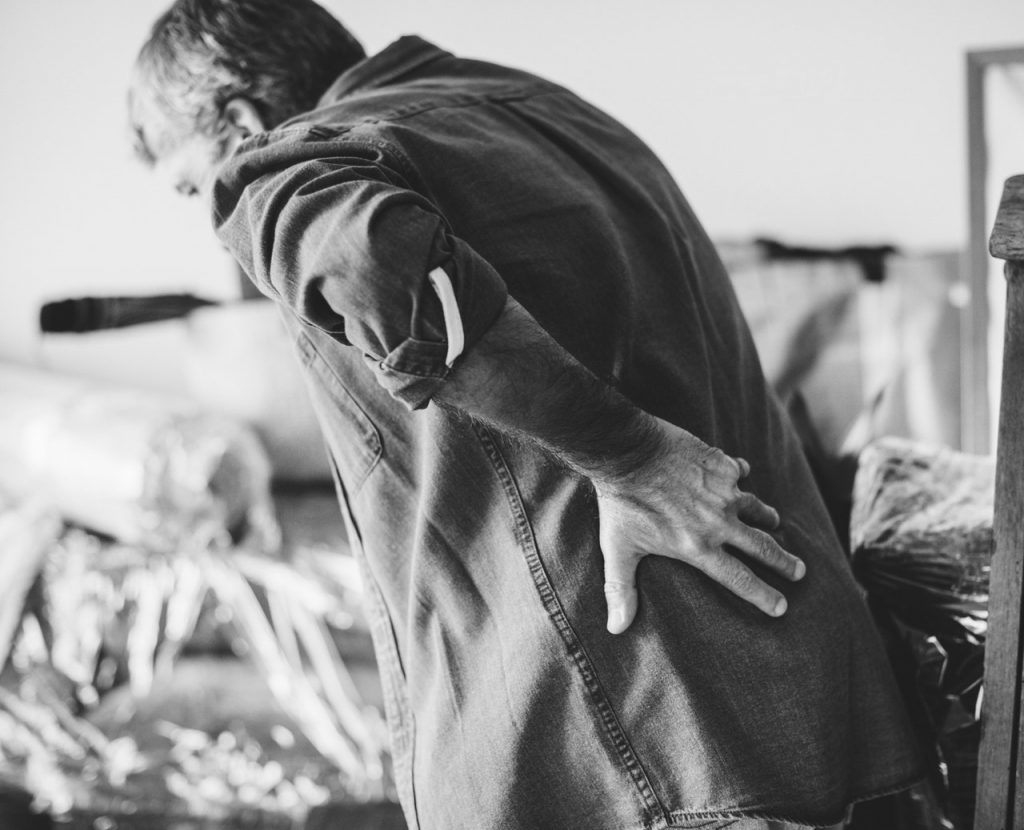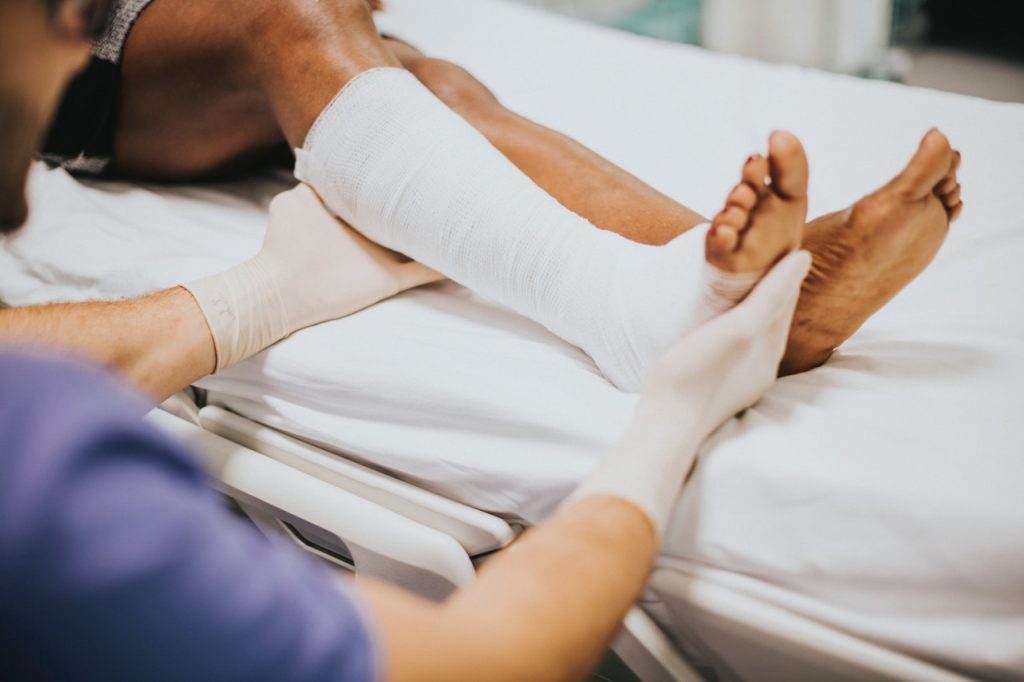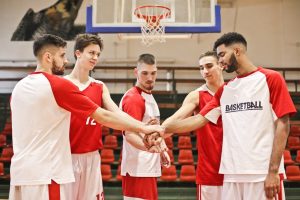Participating in sporting activities can often lead to pain, aches, or sporting injuries that need to be attended to by a specialist for proper treatment. Safe and quick recovery after sporting injuries much depends on early treatment of such injuries by a specialist. Knowing the right time to contact your specialist is an essential step in recovering from sporting injuries. The specialist won’t only help you heal your injury; they will provide you with advice on injury prevention, so this never has to happen again.
If the injury is a major one, there is little or no doubt about the need to immediately contact a specialist, but if the sporting injury doesn’t come with obvious trauma, it would be difficult to know when to contact a specialist.
Most sporting injuries like stress fractures and tendonitis happen over time and may often have subtle symptoms, which may cause a delay in treatment, and subsequently lead to more severe injuries.
It is crucial for you to contact a specialist for:
- Any sporting injury/condition that may pose a risk to other competitors or teammates.
- Any undiagnosed or untreated sporting injury/condition that affects your performance or training.
- Any symptom that persists after home treatment and resting.
There are three types of sporting injuries in which you should immediately contact a specialist, and these are acute injuries, overuse injuries, and medical illness or conditions. In some cases, if the damage is severe enough, you may need to consider renting medical equipment to assist your needs. Athletes with chronic sporting injuries should always contact a specialist to get approved to participate in sporting events. It is also a good idea for athletes to undergo a regular annual medical check-up before their sport season begins, especially for athletes with any history of daily use of medicines, sporting injuries, or medical problems.
To know when to contact a specialist in the case of sporting injuries, carefully consider the lists below.
Acute Injuries
Example: Herniated disks, pinched nerves, scrapes, cuts, bruises, torn cartilage, growth plate separation, dislocations, fractures, strains, sprains, etc.
Symptoms: shooting pains, tingling, numbness, instability, locking or restricted joint, spasm, deformity, bruising, swelling, pains, and any other symptoms that may affect or limit sporting activities.
You need to contact a specialist when:
- You’re unable to move your arm, joint, or leg fully.
- You’re unable to stand or walk.
- You experience joint instability, locking, or swelling. • You notice a mass or visible deformity in your joints, arms, or legs.
- You experience pains that disrupt your daily activity or sleep • You experience pain that would not go away .
- You experience neck or back pain, especially if accompanied by aches, weakness, or numbness that runs down your arms or legs.

Overuse Injuries
Examples: spondylolysis, nerve entrapment, compartment syndrome, fasciitis, bursitis, growth plate problems, stress fractures, shin splints, tendonitis, etc.
Symptoms: weakness, localised or mild swelling, grinding, popping, or tightness in joints and pains. And any other symptoms that get worse with sporting activities but decline with rest.
You need to contact a specialist when:
- You notice pain that disrupts your sleep or daily activities.
- You have pain or any other symptom that persists even with treatments like using pain medicines, ice, and adequate rest.
- You have weakness, stiffness, swelling, or pain that disrupts your sports training and activities.
Medical Illness or Conditions
Examples: Cardiac disease, such as dysrhythmia, cardiac contusion, endocarditis, pericarditis, myocarditis, etc.
Symptoms: lack of sound breath, noisy breathing, chest pain, wheezing, cough, or shortness of breath, etc.
You need to contact a specialist when you experience any of the following: passing out with exercise, light-headed feeling, heart palpitations, shortness of breath, chest pain, etc.
If you notice any of the listed sports injuries above, try as much as possible to contact a specialist immediately.



